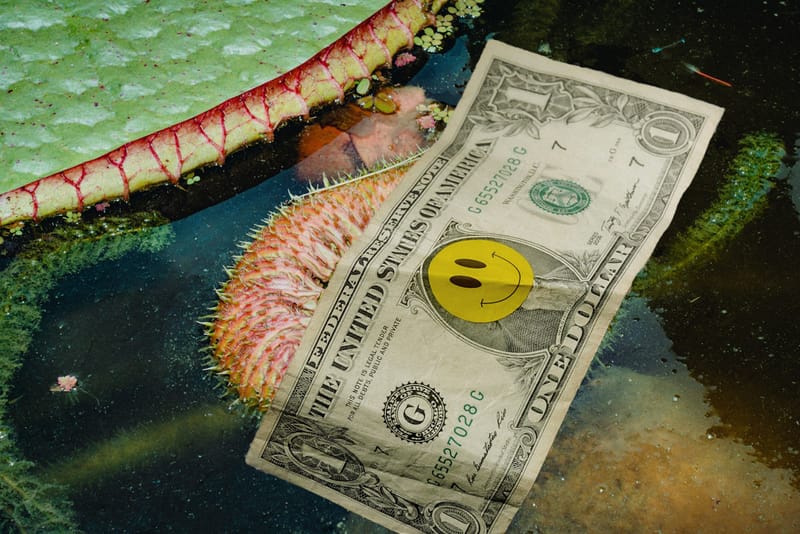Possible Tornado Cash Mistrial Floated by Roman Storm Defense Over Scam Victim Witness
How Exactly did Prosecutors Trace Scam Proceeds to Tornado Cash?
The second week of the U.S. prosecution of Roman Storm kicked off what promises to be a major evidentiary dispute, which Storm’s defense today characterized as possibly meriting a mistrial. A mistrial would mean ending the current prosecution and possibly starting the trial again from scratch.
At issue was the testimony of Hanfeng “Katie” Lin, the victim of a pig-butchering scam who was the prosecution’s first witness. Pig-butchering refers to a type of long-term fraud in which victims are enticed with either romantic advances, the promise of big investment returns, or both, to convince them to hand over large sums. Lin testified that after she was defrauded, a purported fraud recovery service instructed her to contact Tornado Cash about recovering her funds.
But today, under cross-examination, one of the government’s blockchain tracing experts, FBI Special Agent Joseph DeCapua, said he had not been asked to analyze Lin’s transactions specifically. DeCapua testified for close to a full day, starting Thursday afternoon, detailing the flow of funds from a variety of major hacks and other crimes into Tornado Cash.
The defense raised the issue of Lin’s evidentiary standing as proceedings closed today at about 12:30pm, to accommodate a juror’s medical appointment. Defense attorney David Patton claimed that “We expected DeCapua to connect these flows” to Tornado Cash, but that, based on his testimony on cross examination, “apparently he hasn’t.”
In the absence of evidence connecting Lin to Tornado Cash in any way, Patton mooted, the minimum remedy would be striking her testimony from the record, and that perhaps the only remedy would ultimately be a mistrial.
This re-evaluation by the defense may have been triggered or fueled by a tweet thread by Taylor Monahan, of Metamask, calling into question whether Lin’s funds ever made it to Tornado Cash. Pseudonymous onchain analyst ZachXBT agreed with Monahan's trace, writing "idk how you mess up the tracing that bad as a firm to where you couldn’t properly follow instant exchange deposits 1 hop from a theft address and then follow subsequent txns down the wrong path to Tornado." The Rage is currently working to independently verify the analysis.
Monahan and others have also been extremely critical of the type of “recovery service” that pointed Lin to Tornado Cash, in this case specifically a service called “Payback.” According to Monahan, Payback’s tracing efforts, on which Lin relied for the knowledge that her funds were sent to Tornado Cash, misread the passage of Lin’s stolen Bitcoin as they were swapped for Ethereum.
In response to defense skepticism, the government said it would rely on the work of a different blockchain tracing expert, IRS analysis Stephan George, to connect Lin’s funds to Tornado Cash. This would arrive, prosecutors proposed, in a supplemental disclosure to arrive soon.
Tornado Cash Illicit Volumes – A Question of Scope
The rest of Monday morning was taken up with the conclusion of Agent DeCapua’s testimony, which consisted of two broad lines of evidence. One involved DeCapua’s tracing of about 16 different major hacks and other crypto thefts, which were then mapped onto surges in volume at Tornado Cash. These included the Ronin Bridge hack at the heart of the case, as well as hacks of the Fei Protocol, Rari Capital, and others.
In a series of pie charts, DeCapua highlighted periods of time when the proceeds of known criminal activity amounted to a large proportion of Tornado Cash volumes. For instance, from April 22-May 19 of 2022, DeCapua’s analysis showed that almost 50% of the funds passing through Tornado Cash originated from the Ronin hack.
The second strand of DeCapua’s testimony involved reading reactions to the various hacks, and Tornado Cash’s involvement, into the record. This included private messages amongst the Tornado Cash principals, such as Roman Storm observing that “[a] guy got five years for sanctions [violations]” when it became clear hackers were using Tornado Cash to anonymize funds.
Other reactions read into the record were simply public reactions, including a Twitter post from an account called Dirty Bubble Media claiming that “all holders of TORN [Tornado Cash’s token] are culpable for money laundering” after the Ronin hack.
David Patton cross-examined DeCapua for the defense, first briefly attempting to use DeCapua’s use of blockchain tracing software to highlight the transparent and non-private nature of blockchain. Most of cross-examination was devoted to defining the limits and scope of DeCapua’s analysis.
Patton pointed out, for instance, that while known criminal proceeds constituted large shares of Tornado Cash volume over certain short periods, they amounted to only 10% of volumes once the analysis zoomed out to the entire lifespan of Tornado Cash.
Patton also challenged the prosecution’s implicit interpretation of messages from and among the Tornado Cash cocreators, broadly making the point that Alexei Pertsev and others clearly thought the incidents were damaging for Tornado Cash, rather than celebrating them.
Finally, Patton questioned DeCapua more generally about the use of digital privacy tools, including the fact that VPNs and particularly encrypted messaging applications are often used for non-criminal ends, and that Apple and WhatsApp are not able to see those communications.
Infura Cofounder Galano Takes the Stand
The day drew to a close with testimony from E.G. Galano, cofounder of blockchain infrastructure service Infura, which provides Ethereum node data as a service. Prosecution walked Galano, who was testifying under subpoena, through discussions with Storm beginning circa 2020 about getting Tornado Cash to use Infura’s services, which it did. Prosecutors then walked Galano through a series of invoice payments from Tornado Cash to Infura.
Storm Defense Attorney Keri Axel on cross-examination highlighted that Galano was a prominent member of the Ethereum community who had said he “loved” the Tornado Cash project. This was because, Galano testified, “privacy is seen as like a missing piece of what brings the mainstream to blockchain.”
Axel also took the opportunity to ding into the fact that Tornado Cash, to Galano’s knowledge, had never charged users a feee for its services. While the government argues that Storm enriched himself by other means, this fact could be important to the question of Storm’s intentions when building Tornado Cash: criminal or self-enriching goals would support a criminal conviction, while more altruistic, communitarian, or technological goals might sow reasonable doubt about Storm’s intentions in the minds of jurors.
Independent journalism does not finance itself. If you enjoyed this article, please consider making a donation. If you would like to note a correction to this article, please email corrections@therage.co






